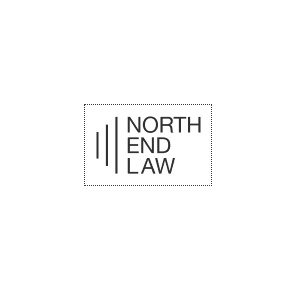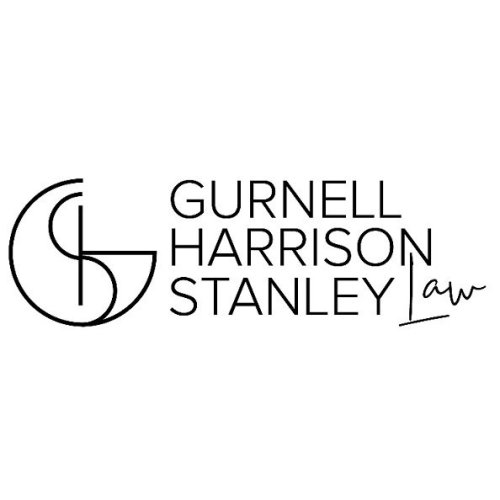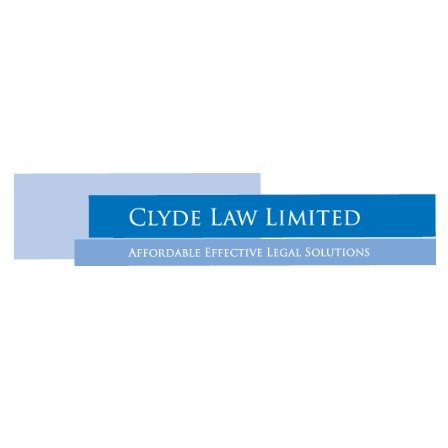Best Franchising Lawyers in Hamilton
Share your needs with us, get contacted by law firms.
Free. Takes 2 min.
List of the best lawyers in Hamilton, New Zealand
About Franchising Law in Hamilton, New Zealand
Franchising law in Hamilton, New Zealand is governed by the Commerce Act 1986 and the Fair Trading Act 1986. These set of laws regulates the conduct of franchisors and franchisees in their transactional and contractual dealings, ensuring both parties engage in fair trading practices. It should be noted that New Zealand does not have legislation that specifically deals with franchising, so it involves legal elements from diverse fields including contract law, property law and employment law among others. It is therefore, essential for anyone looking to start or manage a franchise to understand the nuances of franchising law in Hamilton.
Why You May Need a Lawyer
Although franchising can be a profitable venture, it harbours potential pitfalls which require careful navigation. A lawyer with expertise in franchising can guide you through the process of establishing a franchise, ensuring all documents and contracts align with New Zealand laws. If you're an existing franchisee, a lawyer can assist in understanding your rights and responsibilities as per the franchise agreement, help in dispute resolution, and guide you through any potential franchise sale or termination.
Local Laws Overview
The key law that governs franchising in New Zealand is the Fair Trading Act 1986, which forbids deceptive or misleading practices in trade. This includes misrepresentation of the franchise business opportunity. The Commerce Act 1986 also plays a major role as it forbids any practices that may lessen competition within the market. Additionally, common law regarding contracts and equity are equally important in governing franchise relationships. Any breach of these obligations can potentially lead to substantial civil penalties.
Frequently Asked Questions
1. Is there a specific regulatory body for franchise law in New Zealand?
No, there is no specific regulatory body for franchising in New Zealand. However, the Commerce Commission and the Courts enforce legal obligations and penalties associated with the laws impacting franchise agreements.
2. Do I need to register my franchise?
Currently, there are no franchise specific registration requirements in New Zealand. But any business will need to comply with business registration requirements such as registering a company or obtaining necessary local council licenses and permits.
3. Can a franchisor change the agreement unilaterally?
Generally, a franchisor cannot change the franchise agreement without the consent of the franchisee. Amendments or variations to the agreement are typically a mutual decision.
4. What happens if there is a dispute between a franchisee and franchisor?
If there is a dispute, the course of action is typically prescribed in the franchise agreement. This often includes processes such as mediation or arbitration. Legal action through the Courts is usually a last resort.
5. Can I sell my franchise?
Yes, you can sell your franchise, but the process to do so will be outlined in your franchise agreement. Most franchise agreements require the franchisor’s approval for any sale of the franchise.
Additional Resources
The New Zealand Business Franchise Guide and the Franchise Association of New Zealand are valuable resources for understanding franchising in Hamilton. You can also consult the Commerce Commission's website for detailed information on franchising laws.
Next Steps
If you are in need of legal advice regarding franchising, you should first consult with a lawyer with expertise in franchising law. Choose a lawyer who understands your business goals, has a thorough knowledge of local and national franchising laws, and has a proven track record of managing franchising matters.
Lawzana helps you find the best lawyers and law firms in Hamilton through a curated and pre-screened list of qualified legal professionals. Our platform offers rankings and detailed profiles of attorneys and law firms, allowing you to compare based on practice areas, including Franchising, experience, and client feedback.
Each profile includes a description of the firm's areas of practice, client reviews, team members and partners, year of establishment, spoken languages, office locations, contact information, social media presence, and any published articles or resources. Most firms on our platform speak English and are experienced in both local and international legal matters.
Get a quote from top-rated law firms in Hamilton, New Zealand — quickly, securely, and without unnecessary hassle.
Disclaimer:
The information provided on this page is for general informational purposes only and does not constitute legal advice. While we strive to ensure the accuracy and relevance of the content, legal information may change over time, and interpretations of the law can vary. You should always consult with a qualified legal professional for advice specific to your situation.
We disclaim all liability for actions taken or not taken based on the content of this page. If you believe any information is incorrect or outdated, please contact us, and we will review and update it where appropriate.

















